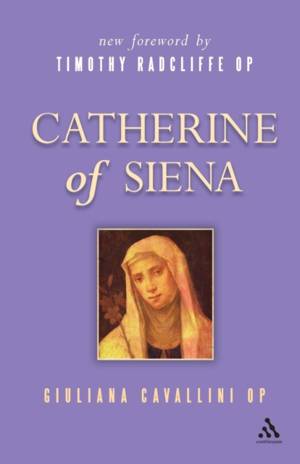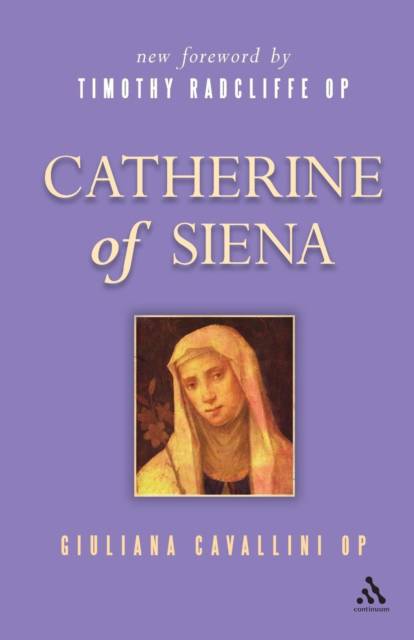
- Afhalen na 1 uur in een winkel met voorraad
- Gratis thuislevering in België vanaf € 30
- Ruim aanbod met 7 miljoen producten
- Afhalen na 1 uur in een winkel met voorraad
- Gratis thuislevering in België vanaf € 30
- Ruim aanbod met 7 miljoen producten
Zoeken
€ 135,95
+ 271 punten
Omschrijving
From her earliest years, Catherine of Siena (1347-80) was griped by the mystery of God incarnate. This was the beginning of a life-long love story, a life-long conversion in which Christ spoke to Catherine and she communicated the truth of his being to the world of her time. Creation itself, she says, is an act of love, and Christ is the bridge by which human beings come to realize their full humanity, their inmost nature, which is to love.
Mystic, champion of the poor and Church reformer, Catherine was declared a Doctor of the Church in 1970. She was unable to write until she was thirty, but she corresponded with Popes, Cardinals, scholars and civic authorities. She was a true daughter of the fourteenth century, famous in her own life time, and yet her thinking and her work seem entirely relevant in the political and ecclesial context of our own time. When Pope Paul VI was asked whether she should be considered a politician, his answer was yes, but in a thoroughly spiritual way; this, he said, is why 'the teaching of this singular woman politician is still meaningful and valuable'.Specificaties
Betrokkenen
- Auteur(s):
- Uitgeverij:
Inhoud
- Aantal bladzijden:
- 292
- Taal:
- Engels
- Reeks:
Eigenschappen
- Productcode (EAN):
- 9780826476623
- Verschijningsdatum:
- 1/05/2005
- Uitvoering:
- Paperback
- Formaat:
- Trade paperback (VS)
- Afmetingen:
- 140 mm x 214 mm
- Gewicht:
- 249 g

Alleen bij Standaard Boekhandel
+ 271 punten op je klantenkaart van Standaard Boekhandel
Beoordelingen
We publiceren alleen reviews die voldoen aan de voorwaarden voor reviews. Bekijk onze voorwaarden voor reviews.







